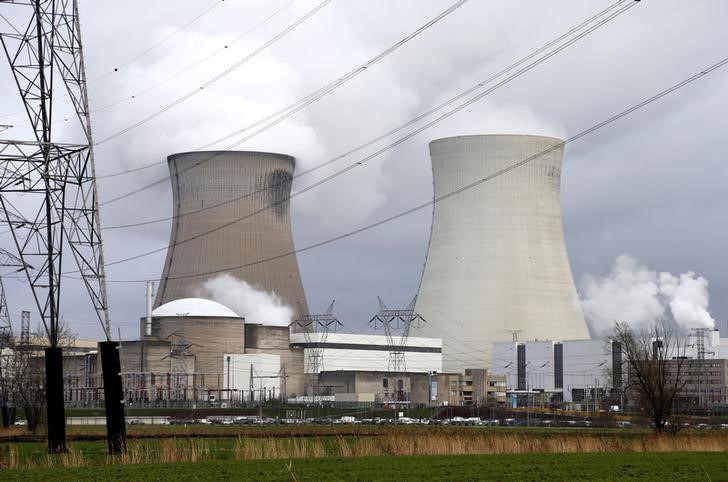In recent years, nuclear power has been experiencing a resurgence globally, as countries seek to transition to cleaner energy sources in the face of climate change and increasing energy demands. This resurgence is largely driven by the potential of nuclear power to provide reliable and low-carbon electricity, as well as advancements in technology that have enhanced the safety and efficiency of nuclear power plants.
One of the key factors contributing to the nuclear power renaissance is the growing recognition of the need to reduce greenhouse gas emissions and shift away from fossil fuels. With nuclear power being a low-carbon energy source, it has the potential to play a significant role in helping countries meet their climate goals and reduce their reliance on coal and natural gas for electricity generation.
Advancements in nuclear technology have also played a crucial role in revitalizing the nuclear power industry. New reactor designs, such as small modular reactors (SMRs) and advanced Generation IV reactors, offer improved safety features, enhanced efficiency, and greater flexibility in terms of siting and deployment. These innovations have addressed some of the key concerns associated with traditional nuclear power plants and have made nuclear energy more attractive to policymakers and investors.
Furthermore, the increasing emphasis on energy security and resilience has also fueled interest in nuclear power. Unlike renewable energy sources like wind and solar, nuclear power plants can provide baseload electricity generation around the clock, regardless of weather conditions. This reliability makes nuclear power an important component of a diversified energy mix, especially as countries seek to mitigate the risks associated with disruptions in energy supply.
The financial sector has also taken note of the potential of nuclear power. Investment in nuclear energy projects has been increasing, driven by factors such as government support, favorable regulatory environments, and the growing demand for clean energy. In addition, the long-term economic competitiveness of nuclear power has been bolstered by rising carbon prices and the declining costs of nuclear technology.
Despite the promising outlook for nuclear power, challenges remain. Public perception of nuclear energy, concerns about radioactive waste disposal, and the high upfront costs of nuclear power plants are some of the obstacles that need to be addressed. However, with continued innovation, investment, and collaboration, the nuclear power renaissance is poised to continue gaining momentum and play a critical role in the global energy transition towards a more sustainable future.
In conclusion, the resurgence of nuclear power represents a significant opportunity to decarbonize the energy sector, enhance energy security, and drive economic growth. With advancements in technology, increasing investment, and a shift towards cleaner energy sources, nuclear power is well-positioned to contribute to a more sustainable and resilient energy system for the future.



